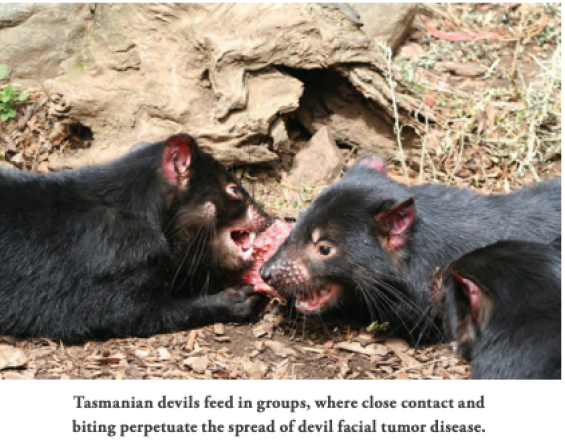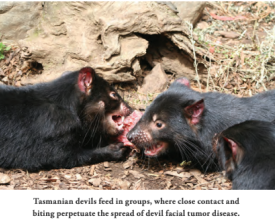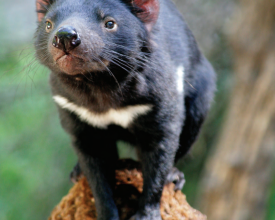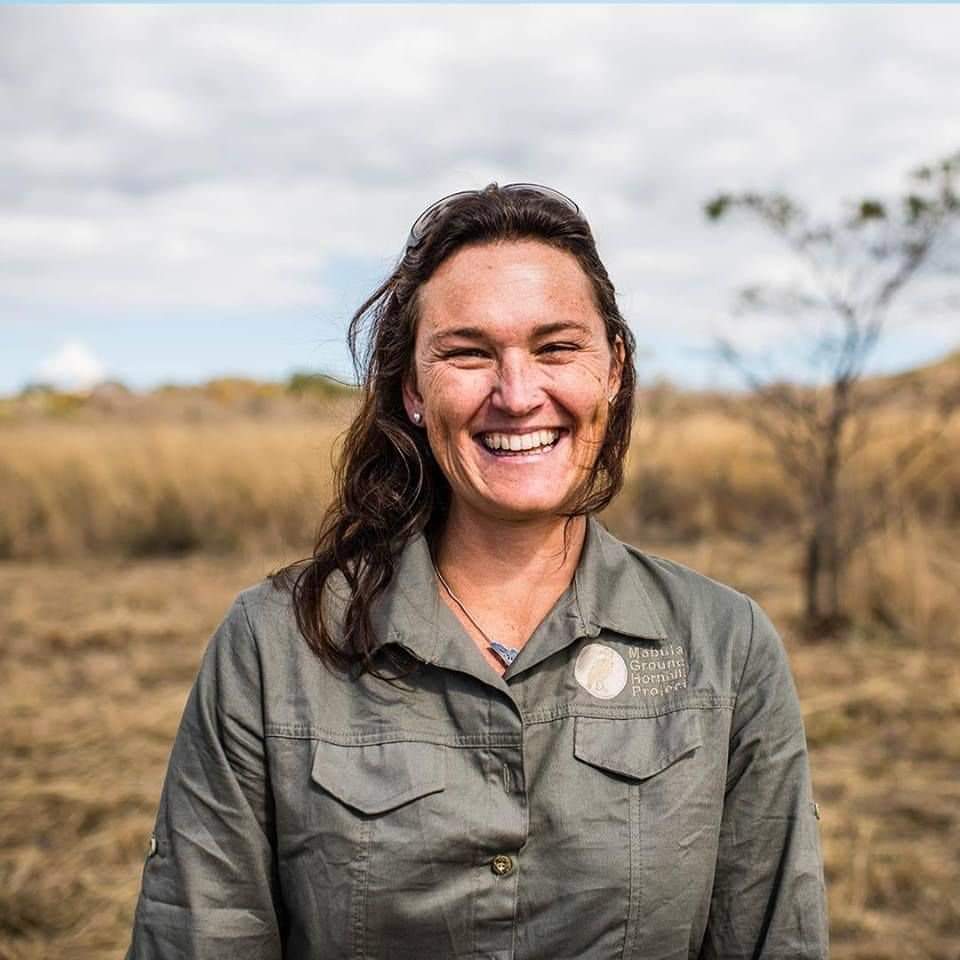
Devil’s Advocates: Helping Tasmanian Devils Stay Ahead of a Devastating Disease

Tasmanian devils are an iconic Australian species vital to the ecosystem. But in recent years, they have been nearly eliminated by an insidious illness, devil facial tumor disease, the first known contagious cancer. The fatal disease is transmitted through a principal form of interaction with other devils: biting. The tumors swell, making it impossible for the animal to eat and devastating populations. Conservationists feared the species would disappear from the wild within a few decades. Conflict followed conservation efforts, leading to CPSG being invited to lead workshops, incorporating a variety of investors in the subsequent plan. CPSG’s computer modeling underscored that the problem of saving Tasmanian devils had to be addressed from multiple angles. On this basis, the group devised a series of interlinking programs that could be implemented simultaneously, both protecting devils in their wild habitats and working to preserve the genetic health of the species through the insurance program.
Impacts
Now, after several years of carrying out the plan, the insurance population has grown to more than 600 devils who live in zoos, free-ranging enclosures, an island, and a few fenced-off, disease-free peninsulas. Although the areas that can be isolated this way make up only a small portion of the devil’s range, they are significant enough to shift the project from insurance toward ecological recovery, securing Devil’s Advocates a future for Tasmania’s beloved devils that would not otherwise have been possible. “Devil recovery is complex,” said David Pemberton, who manages the Save the Tasmanian Devil program. “When in doubt, when in need of data, or when in need of guidance for decisions, I turn to the CPSG workshop report.” By 2020, more than 100 healthy devils have been released into disease-free areas, and the insurance population has grown to more than 600 animals strong, allowing experts to focus on helping the wild population recover.







